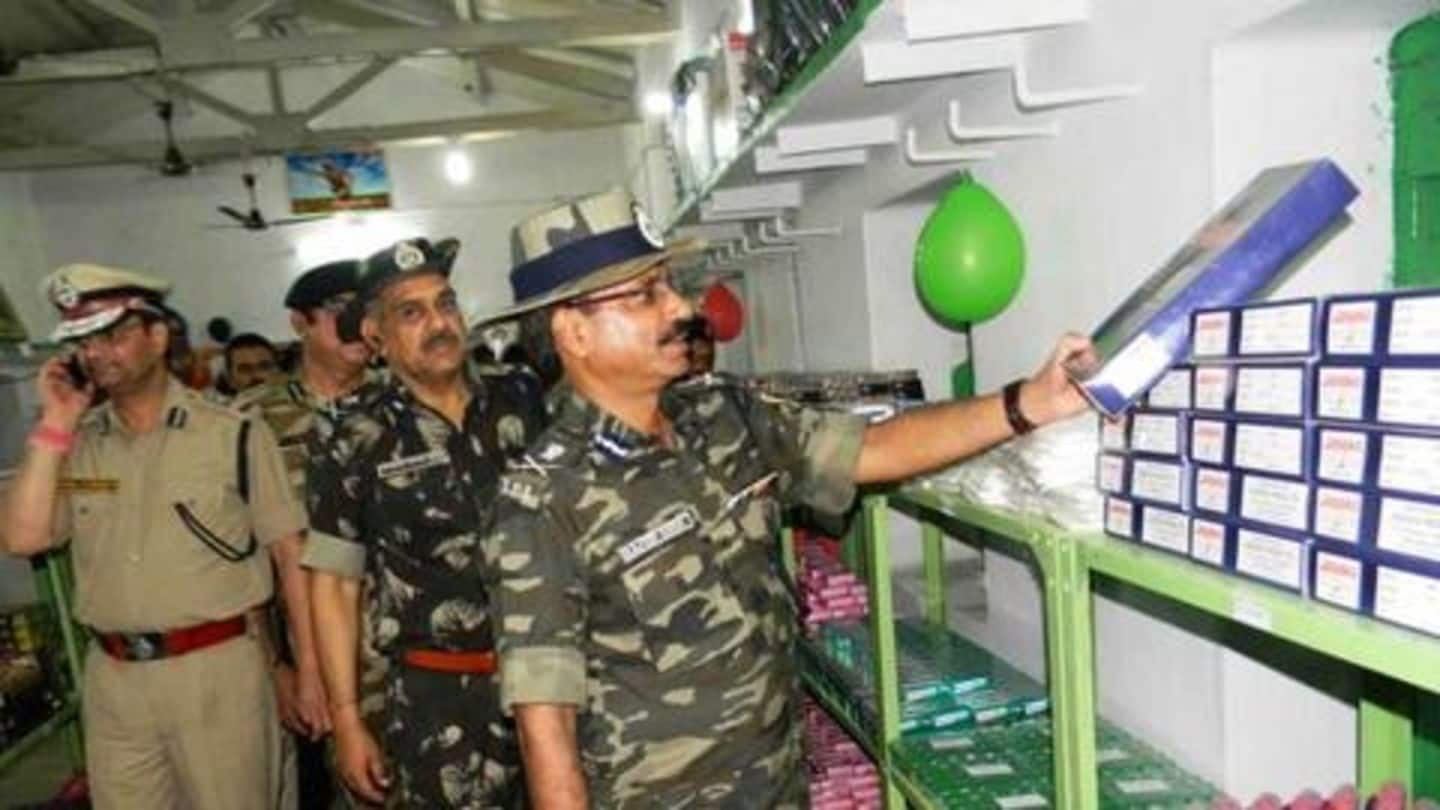
Amit Shah orders CAPF canteens to sell only indigenous products
What's the story
All canteens of the Central Armed Police Force (CAPF) across India will sell only indigenous goods from June 1, Union Home Minister Amit Shah said on Wednesday.
The announcement comes a day after Prime Minister Narendra Modi pushed for the idea of a "self-reliant" India and asked all Indians to be "vocal for local."
Here are more details.
Announcement
Earnings from CAPF canteens amount to Rs. 2,800 crore: Shah
Taking after Modi's call for self-reliance, Shah tweeted on Wednesday, "All CAPF canteens and stores across India will only sell indigenous products from June 1, 2020."
He said the total earnings of products sold at the canteens amount to approximately Rs. 2,800 crore.
"With this move, 50 lakh family members of roughly 10 lakh CAPF personnel will use swadeshi (home-grown) products."
Quote
'Time to turn disaster into opportunity'
Echoing Modi's words from Tuesday, Shah said, "I appeal to the people of India to use indigenous products as much as possible and encourage others to do the same. This is not the time to fall behind, but to turn a disaster into an opportunity."
He added, "If every Indian strives to purchase only indigenous goods, India can become self-reliant in five years."
Twitter Post
You can view Shah's tweet here
कल माननीय प्रधानमंत्री श्री @narendramodi जी ने देश को आत्मनिर्भर बनाने और लोकल प्रोडक्ट्स (भारत में बने उत्पाद) उपयोग करने की एक अपील की जो निश्चित रूप से आने वाले समय में भारत को विश्व का नेतृत्व करने का मार्ग प्रशस्त करेगी। pic.twitter.com/KlYD9Z7UVt
— Amit Shah (@AmitShah) May 13, 2020
Details
Over 119 master canteens located across India
Central Police Canteens cater to the families of the personnel serving in the CAPF that includes the CRPF (Central Reserve Police Force), BSF (Border Security Force), ITBP (Indo-Tibet Border Police), CISF (Central Industrial Security Force), SSB (Sashastra Seema Bal), NSG (National Security Guards) and Assam Rifles.
There are over 119 master canteens and 1,625 subsidiary canteens across various locations where the forces are deployed.
Information
Home Ministry ordered CAPFs to ditch foreign goods last year
Back in October 2019, the Home Ministry had directed all CAPFs to shun foreign brands and introduce 'swadeshi' goods for food items, household goods, combat and regular duty uniform, bedsheets, etc. However, no deadline had been established at that time.